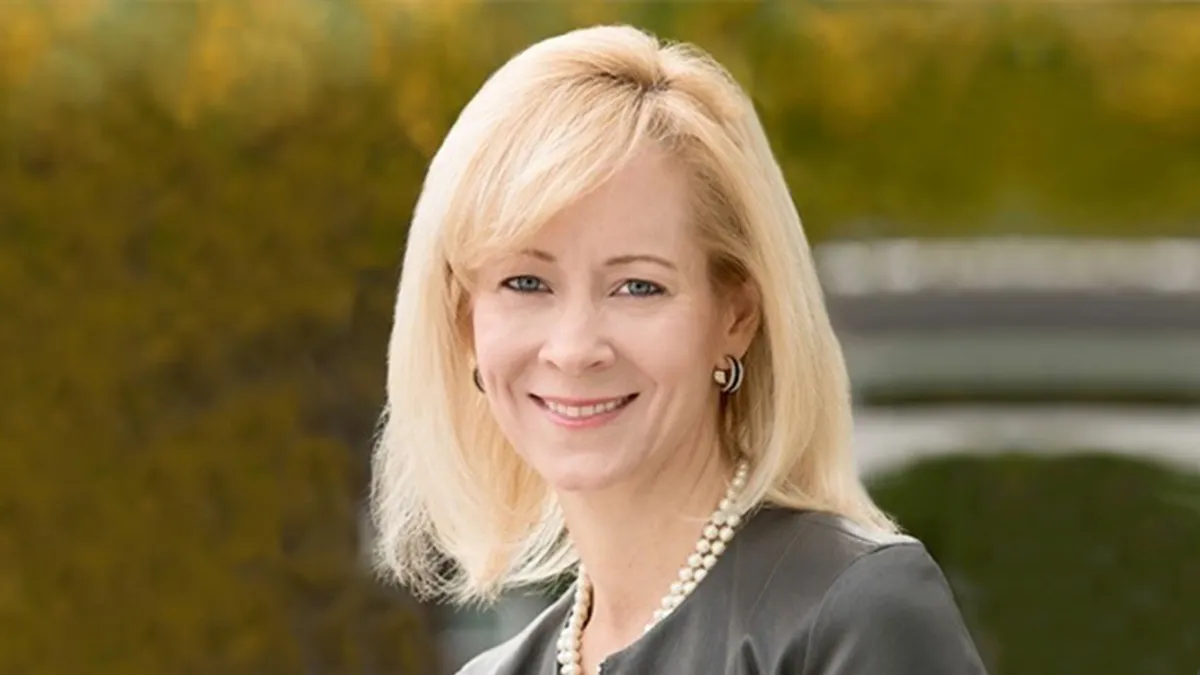Dive Brief:
- Cigna expanded the role of Global CIO and EVP Noelle Eder, who will now also oversee global data and analytics and automation functions for the health services company, according to an SEC filing Thursday.
- In her new position, Eder will help Cigna develop, enhance and tailor innovative solutions and services, the company said in the filing. No additional details about the expanded role were immediately made available.
- Eder was appointed global CIO in August 2020, following a stint at Hilton Worldwide Holdings where she served as EVP and chief information and digital officer.
Dive Insight:
Health services companies are pressed by competition and industry trends to get data foundations in optimal shape to handle massive troves of sensitive personal data. Companies seek to extract value from their data under a patient-centric model.
Cigna has seen access to care rapidly change "as a result of consumer behavior and technology and data innovation," according to Cordani, speaking during the company's full year earnings call in February. Under Eder's leadership, the premise is to connect data to innovation efforts.
The leadership move could respond to two potential reasons, according to Sridhar Karimanal, head of the Health and Life Sciences group at Eagle Hill Consulting. The company could be looking to solve for cost pressures, or it's simply seeking a more holistic view of its data. The latter is a motivation shared by most players in the healthcare industry, said Karimanal.
Companies "want to get more and more information about patients, they want to get more information from the pharmacy side, they want to get more comprehensive information from different sources," said Karimanal. "The same thing is happening on the provider side as well. They're also trying to build a 360-degree view of patient information."
An overwhelmed workforce further hinders effective data use. Data professionals say they are at or above capacity in terms of their company's data needs, according to a survey from Ascend.io. The sources of data are also scattered, further challenging data organizations. Half of businesses keep their data in five or more storage platforms, data from Starburst and Red Hat suggests.












